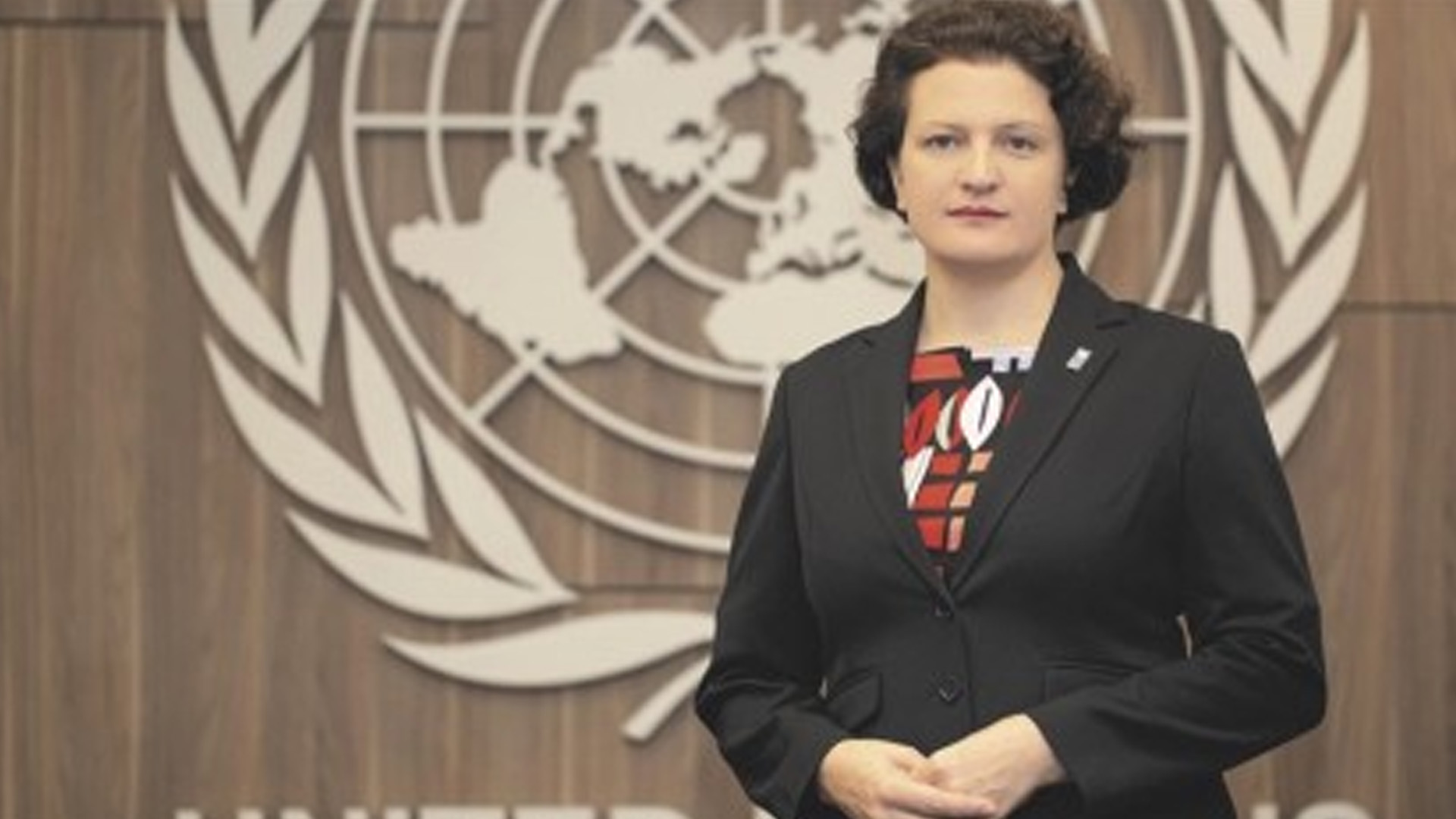The UN Development Program (UNDP) and Danish think tank Circular Innovation Lab have launched a joint initiative to advance circular economy solutions in the fight against plastic pollution, according to a press release issued Friday.
The collaboration was unveiled at an event in Istanbul, Türkiye, supported by the Turkish government, titled, “Waste to Wealth: Rethinking Our Economic Path and Embracing Circularity.”
The partnership aims to serve as a platform for dialogue, learning, and collaboration to showcase innovative circular practices in addressing plastic waste.
It brought together representatives from various sectors, including private businesses, innovators, think tanks, academia and youth advocates.
The regional gathering, described as the first of its kind, aimed to strengthen cross-sector partnerships within the plastics industry to promote the principles of a circular economy, highlighting the “urgent need for a paradigm shift.”
It was noted that circular economy approaches offer a tangible route ahead by minimizing waste, prolonging the lifespan of materials, and shifting towards renewable energy solutions.
Underscoring that this transformation “cannot happen in isolation” and “requires the active involvement of all stakeholders,” the initiative aims to foster collaboration across the value chain and accelerate the adoption of sustainable practices that reduce plastic waste, while creating new economic growth opportunities.
Steliana Nedera, manager of the UNDP Istanbul Regional Hub, emphasized the importance of inclusive policies and partnerships in driving systemic change.
“For this transition to succeed, we need to consider the needs and challenges of all stakeholders,” she said.
It was emphasized that these solutions are vital not only for protecting human health and regenerating ecosystems but also for securing a sustainable future for everyone.
The press release highlighted the urgency of addressing plastic pollution, noting that global plastic production reaches approximately 430 million metric tons annually and is expected to nearly triple by 2060.
Currently, 79 percent of global plastic waste ends up in landfills or the environment, 12 percent is incinerated, and less than 10 percent is recycled. (PNA)







